The Honduras Mission, Part II
Field Notes II.XXXI: Supporting and photographing a mission trip to Nacaome, Honduras in July 2024
Welcome to Field Notes!
Terra Incognita
The days of our mission trip to a remote school and home north of Nacaome, Honduras begin to blur together. We wake and rattle along the rough one hour dirt road bus ride to the school and work site. We labor in the sun and oppressive heat. Then, we reverse the route and return, to rest and sleep and do it again.
I find myself immersed in this landscape. As a visitor to an unfamiliar foreign region everything appears novel. Wonder shines in the most trivial scenes and fascination is panoramic.
This land beguiles me. Green hills rise sharply, temptingly, in the middle distance in almost every direction, with broken clouds scattering marbled sunlight on varied patters of field and forest. They are a visual siren’s call of unexplored natural wonders, enticing me to climb and traverse. It is a verdant paradise I cannot explore, but only view from the window of a moving school bus.
One night at dinner Pastor Luis asks what our God moment of the day was. The question seems impossible to answer, given the overwhelming amount of sights and experiences we’ve already had in such a short time. What constitutes a God moment? I begin to think deeply on it, but keep my thoughts to myself.
On the second day at the school I find a moment to slip behind one of the buildings where discover a vista to one of the uncharted peaks. I look for the natural beauty in the scene to compose my photograph, but as I do so I am hit with a realization. Part of the story, the truth, of this land is its contrasts. I capture a pristine scene, but as I am doing so I am kneeling at the edge of a pile of trash scoured by stray dogs. At least some of this reality should be acknowledged.
Under the backdrop of the mountains, progress on the school’s toilet problems is underway. Todd has unclogged one of them. The newly purchased bowl is secured in place. Old cement is chipped away from the base of the third. When it is clean, it is cemented down as well. This unplanned improvement takes about an hour and the school now has three functional commodes. Then we work at the home, ride the bus home, and return again in the next day.
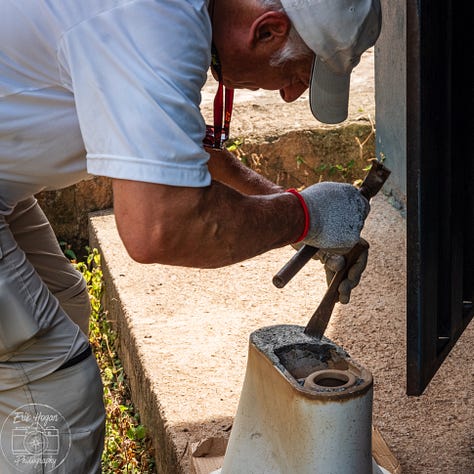


How many times do we travel this road to this remote location marked only by a fine print name on a map? Each morning I take my seat in the back of the bus feeling fresh, ready, and with camera in hand. I have high hopes for just a quick moment when my snap perception of beauty in a scene coincides with enough stillness in the bus that I can capture a minimally blurry image. It is a playful, yet frustrating challenge.
Drained as we are from the work, the afternoon rides are more solemn. The scenes start to become familiar- the steep hill after the bridge leading up to the saddle between the mountains, the long barbed wire fence before the house sitting out in the field, or the yard with the turkeys. We begin to anticipate these scenes.
Even our growing familiarity with the landscape is charged with the potential of witnessing it in unique ways. Different times of day cast different light, along with different weather and different goings on. I slump with fatigue in my seat, but always scan the land with my camera close by.
Houses, mud huts, and shacks line this dusty road. They stand in juxtaposition to the vitality of the mountains. These structures illustrate the tough reality of life in this area of Honduras, often lived without power and reliant on subsistence farming and livestock. It is an earthy existence, visceral and closely tied to the land in a way that I haven’t experienced in day to day living.
I struggle to comprehend the values that come from this type of living. While the houses appear clean and uncluttered, there is an apparent lack of concern over trash scattered across the ground outside. Empty plastic water sacks, in various stages of decay from the sun, are everywhere along with every other conceivable type of food wrapper and general garbage. The streams are strewn with debris.
One day there is a rush of excitement at the work site. A flutter of green moves from one nearby low branch to another. A small parrot has flown in close to us. The mother of the family here moves towards it. She has fastened some type of snare to the end of a thin pole and reaches towards it. The parrot tries to fly, but she grabs it out of the air. A moment later the parrot is placed in a small cage amongst the chickens in the yard. By the next day it will have been sold into the pet trade.
How can people living so closely tied to their environment demonstrate what I see as a lack of concern for the health of the ecosystem? The answer lies somewhere between the priorities of those doing what they must to live here and my limited experience of this existence. I am only a brief visitor, and bring with me sentiments that developed in another type of life. It is likely something I will never understand.
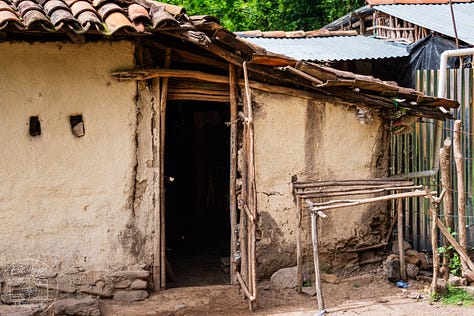

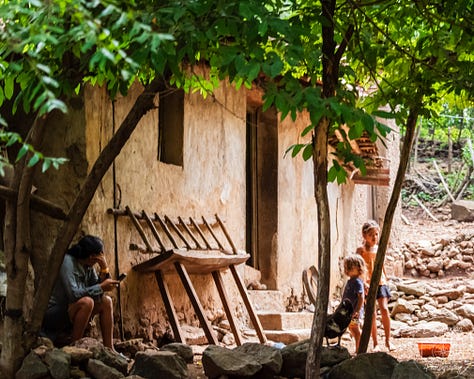

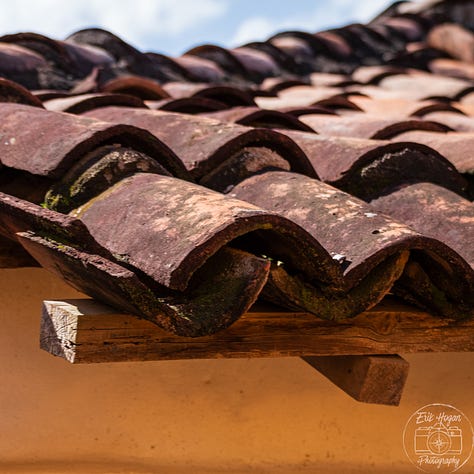
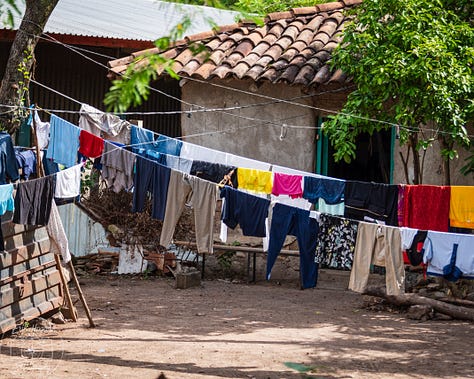
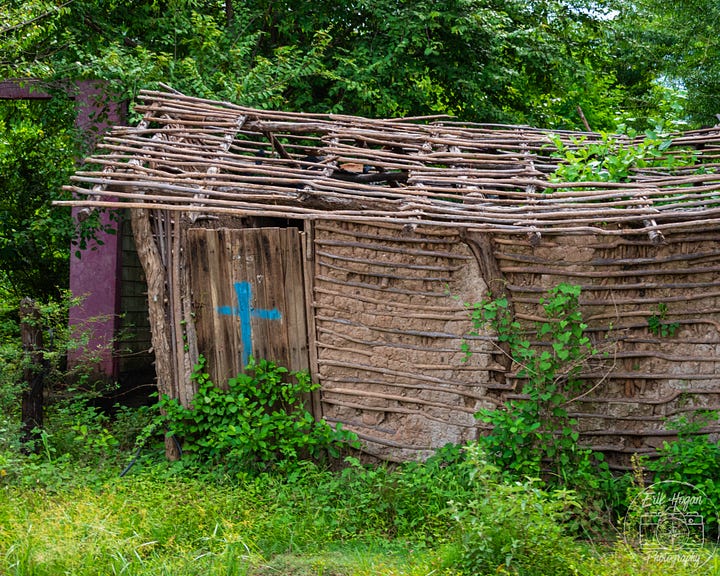

The climate creates a pattern of constant water movement. The heat of the sun draws moisture from the plants and ground, leaving a dusty wilted landscape by early afternoon. The rising humidity accumulates as heavy clouds, culminating as frequent early evening thunderstorms. One such storm knocks out the power overnight, leaving us to sweat in our restless beds until the dawn.
Sweating becomes its own water cycle. The environment draws it from our bodies at a rate which makes efforts to replenish it constant and paramount. It is a steady flow of intake and release. The process seems like it should be cleansing, but I have lingering concerns over the frequent biting and drinking from the plastic bags that drinking water comes in.
The Nacaome River smells of dead fish each time we cross it. Even so, people bathe and wash clothes in it every day. Higher in the hills, we watch as young kids leap from a bridge into the pool in a stream below. It may not be clean enough to drink, but water is central to existence here. It is the life blood of the landscape and imbues the terrain with its vibrant flow of beauty.
How much can one learn about a new land in the span of a week? It is difficult, seeing so much of it in passing. But, as I touch the soil, feel the heat running down my arms in rivulets, watch rivers receding into the rugged hills, and see people living in and amongst it all, I begin to feel a bond of intimacy.
The question comes up again on another evening. What was your God moment? These must be instances in which we become hyper aware of the sublime and the sacred in the world around us, in the experiences we have in life, and in the varied depths of human nature. Perhaps, in this case, every moment everywhere is a God moment, but as limited human beings we cannot always see it.
My God moments include seeing the light on the hillsides from the back window of a moving bus, hearing a tropical kingbird calling at sunrise, and the hug of an excited child who doesn’t know me at all. But it is also a moment of shoveling concrete in the Central American afternoon sun, with back hurting, muscles trembling, and dizziness setting in. I keep working in that moment because this experience is not about me, yet am deeply aware that from this time forward I will have a new frame of reference for all that I do.
The People
We are all wrapped in the cloak of our past experiences. Physical hardships are familiar to me, yet I still have an outlook based on certain expectations. I expect that strenuous effort will have a limit, that I will at some point be able to recover on a couch in front of a television. I expect that if the power goes out, it will return within a day or two at the most. I expect that the water I drink will not make me acutely ill, and if I do get sick or injured I can get to expert medical help very soon.
The culture in this part of Honduras is so vastly different. People live their lives without many of these things and I feel sorry for them. But, should I? The desire to help is widespread in developed countries, and is essentially the basis of a mission trip. Across the chasm of an almost complete language barrier, I come to know the people I encounter here and understand their experience just a little bit. And this evokes questions I cannot answer.
Children live here. These hollow block buildings without power are their school buildings. This make shift shack of sticks and plastic and tin that we are replacing is their home.
These kids greet us each day with smiles and hugs, despite us being total strangers. They laugh and play ball in the school yard. I watch the girls gather flowers for Stephanie and Peyton and watch boys chase some animal into the tall grass.
Of course they find delight in being given a piece of candy or a cup of Coca Cola, which they normally would not get. But here, in the middle of what I consider deep poverty, I don’t see any child pouting over what they don’t have or comparing others’ situations to their own. They romp with unrestrained joy, as kids do so skillfully.
Victor is in charge of the construction of the new residence. Whether he has a background in construction or not, I do not know. He does seem to know how to construct a building, though. An older man, he stands in the sun, as sweaty as the rest of us, day in and day out. The day we move cinder blocks down the hill he fearlessly steers the overloaded old truck down the steep incline. The knotted muscles of his arms ripple as we stack the last of the blocks into the truck bed. Victor slings a block with each hand, while I brace to move one at a time. I am told he is the pastor of a local church.
Others help build with an unrelenting commitment. I do not always know if they are relatives, neighbors, or hired helpers, but there is work to be done here and no one slacks.
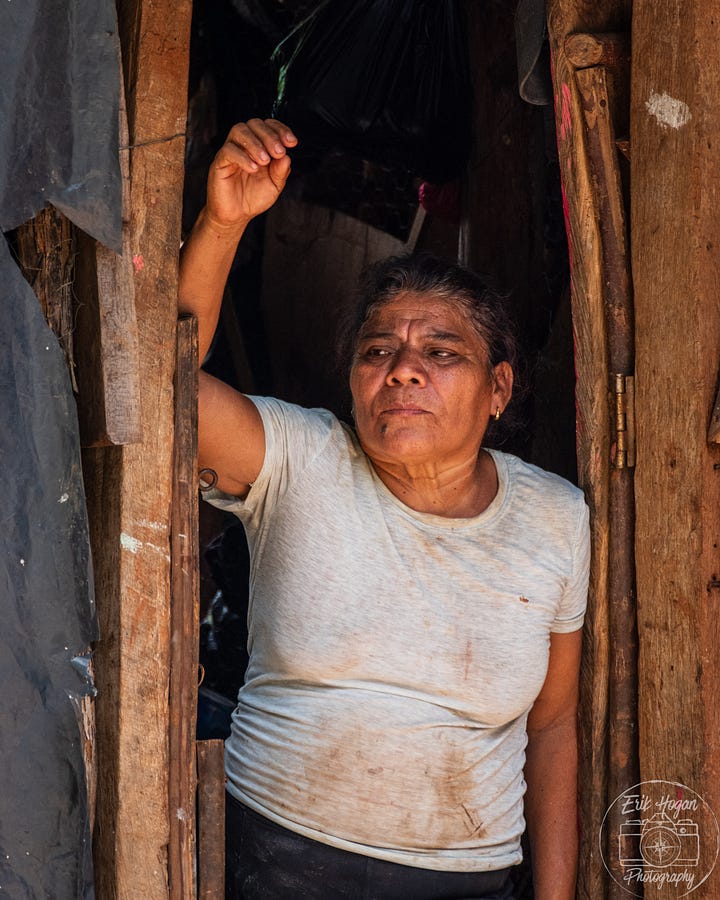
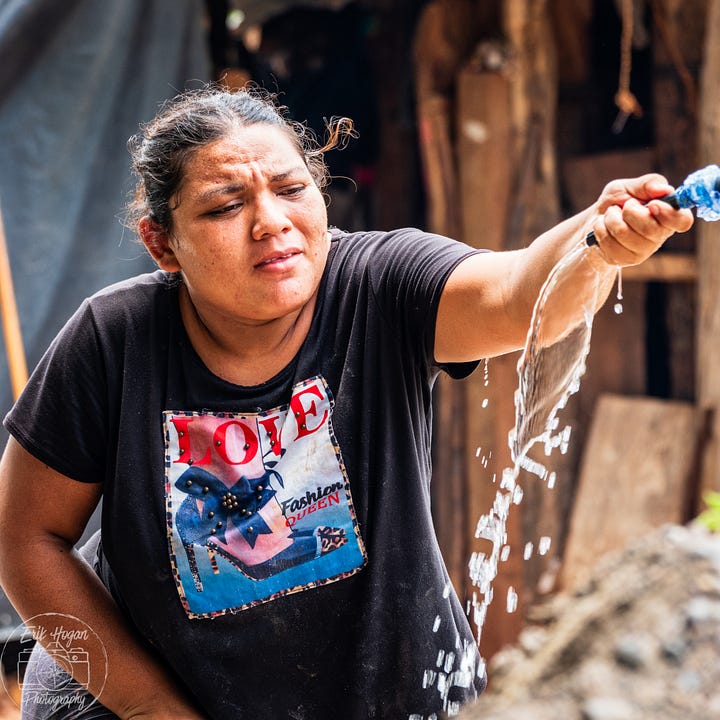
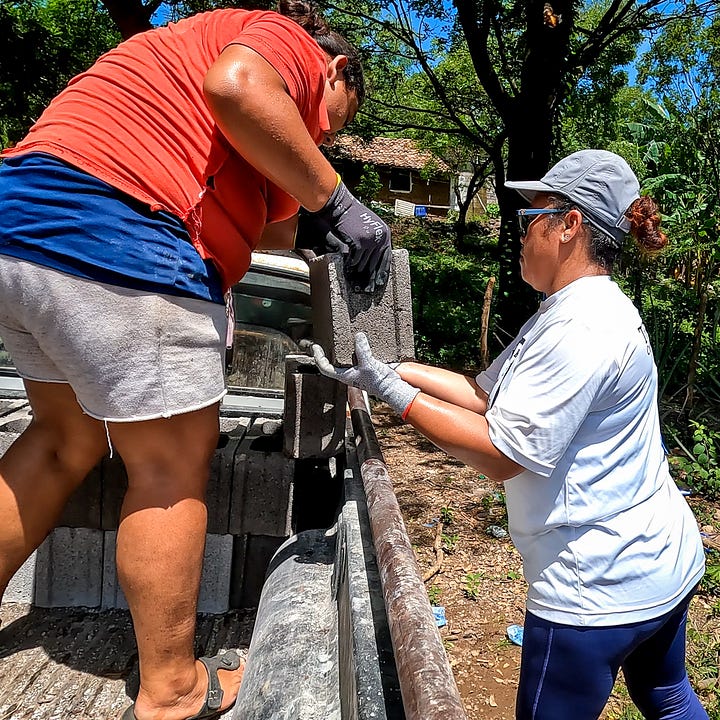
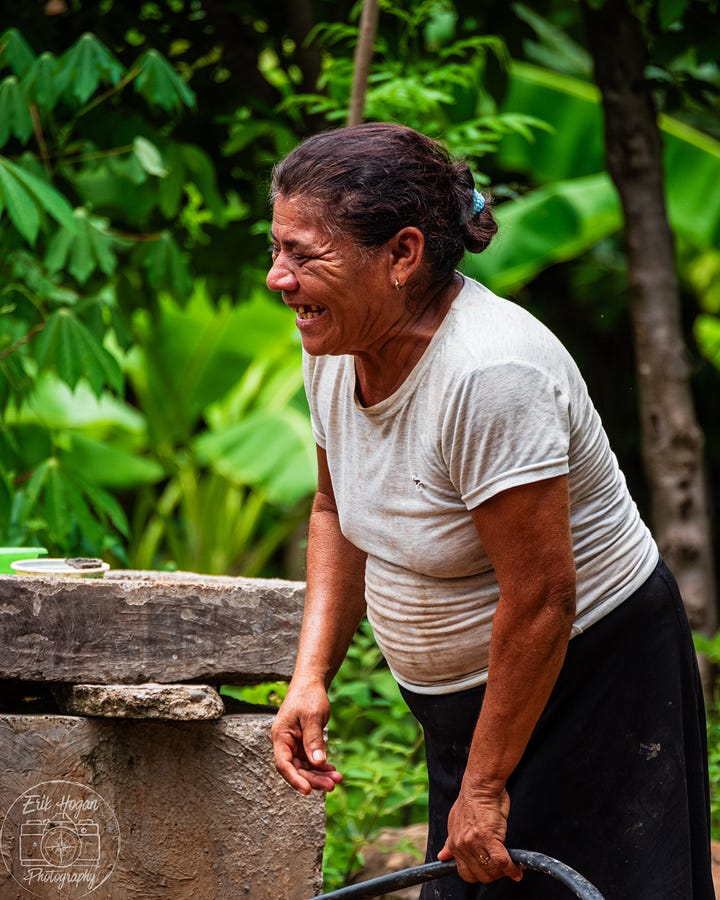
The adults living at this home and work site are the mother and father of the two kids, and the mother’s mother. Over the first day or maybe two that we are here they look on with suspicion. I cannot blame them. What would my own reaction be to foreigners showing up to help at my home? Would I be indignant at the idea that they think I need their help? Perhaps.
Over time the looks of suspicion fade. Maybe they are growing accustomed to our presence here. One day the grandmother is out laughing and smiling. The day we move many, many blocks the mother is lifting along side us, and this is normally a type of labor not undertaken by the women.
The father, Edwin I believe, works tirelessly, more sustained than anyone else here. And he is always watching. He seems more reserved that skeptical, but his eyes are difficult to read. They are pools unwavering determination to provide for his family, yet mixed with gratitude and near disbelief at the help. He gives a smile and a nod whenever we meet, but this quickly fades back into silent observation.
The day of the cinder blocks is one of our last days working here and the longest. I make repeated trips up the hill to load them with Edwin and Victor. Though few words are exchanged, there is a palpable relaxation in Edwin’s demeanor. He does not know why I am here doing this. Neither do I, really, but ultimately the reason why may not matter. It has been almost a week of intense work and a bond has been built through this shared suffering.



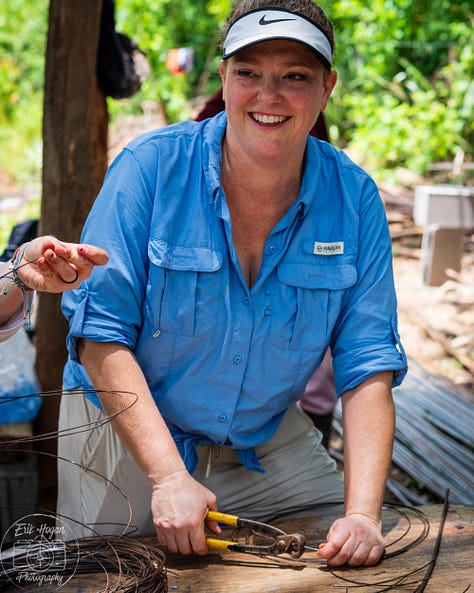

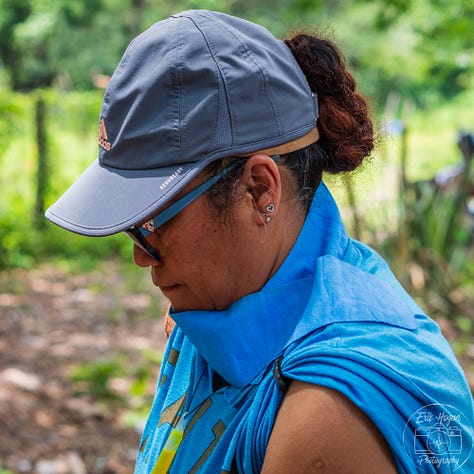
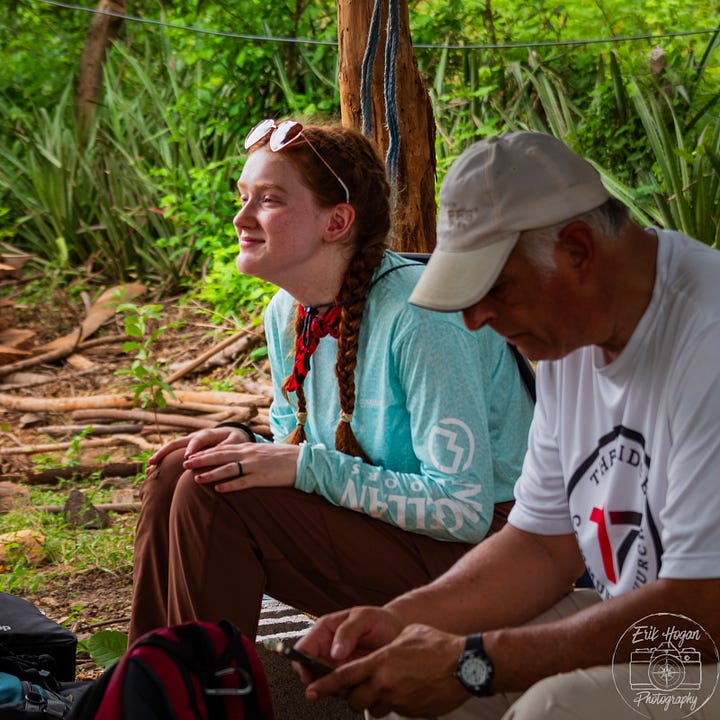

Our little group of dauntless volunteers also grows closer over the course of the week. Bending bars, clipping wire, shoveling concrete, or moving blocks. We all contribute as much as we can, in whatever way that we can. Sharing meals, sharing living spaces, sharing the work, and even sharing some mild illness, we also become bonded by hardship.
The people here are all cloaked with their own past experiences. Their apparent tranquility about life sticks out in my mind. It isn’t that they don’t need or want help. I am not suggesting that they are happy living in poverty. But I do get a sense that they are not desperate for more than they already have and aren’t distraught by their situation. For them, this is just life. It goes on and they find joy in it along the way.
I come here from a culture that has much more material possessions and comforts, but is always seeking more. We devote all of our precious time to careers in order to better our circumstances. But to what end? Is having better stuff the goal? Or more stuff for our families to have in the time we aren’t spending with them?
I start to become aware of a tinge of hubris lingering within me. Are we projecting our own world views onto these people by coming here thinking that they need our help? Tranquility. I see it in the eyes of these individuals. They may not have all that they want, but they are happy with all that they have.
I look forward to returning to the comforts of home. But there I also find bills to pay, obligations to my career, working towards success in my other areas of interest, and concerns about the future for things like my retirement one day and my kids’ futures. Tranquility, being undisturbed by circumstances out of my control, is what I need more than anything. It is a lesson I am taught in Honduras. In recognizing it, I see that these people have helped me far more than I have helped them.
I’m sure you noticed, but I’ve stepped out of a chronological framework for parts II and III of this series. I realized it would have quickly become repetitive and wanted to try something different. So, next time we’ll wrap this up with a closer look at building the house and at the communities of people here. Till then, I’d love to hear your questions and comments!
Are you getting something out of Field Notes? Help me make it better! You can do this by sharing, subscribing, or supporting with a paid subscription.






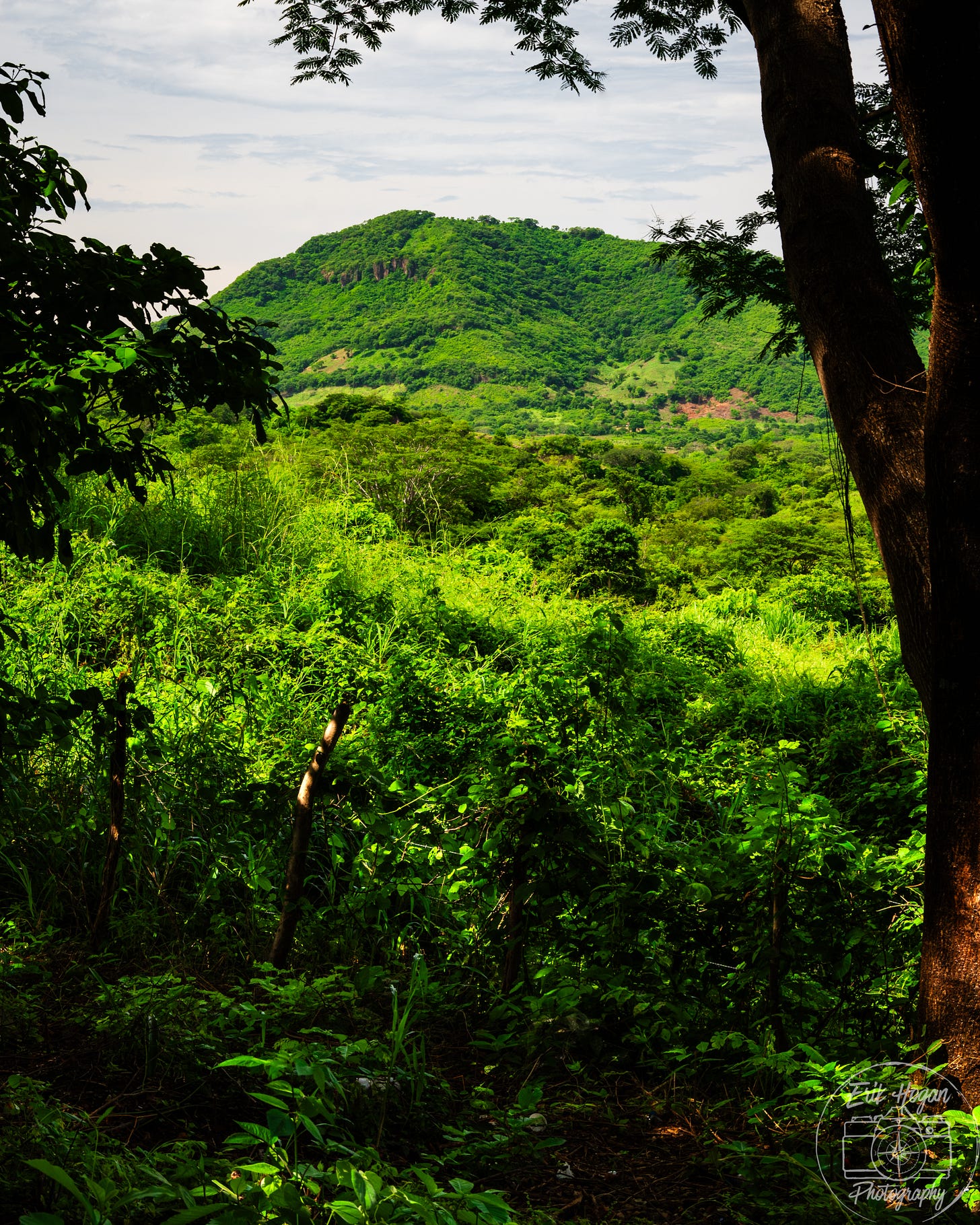
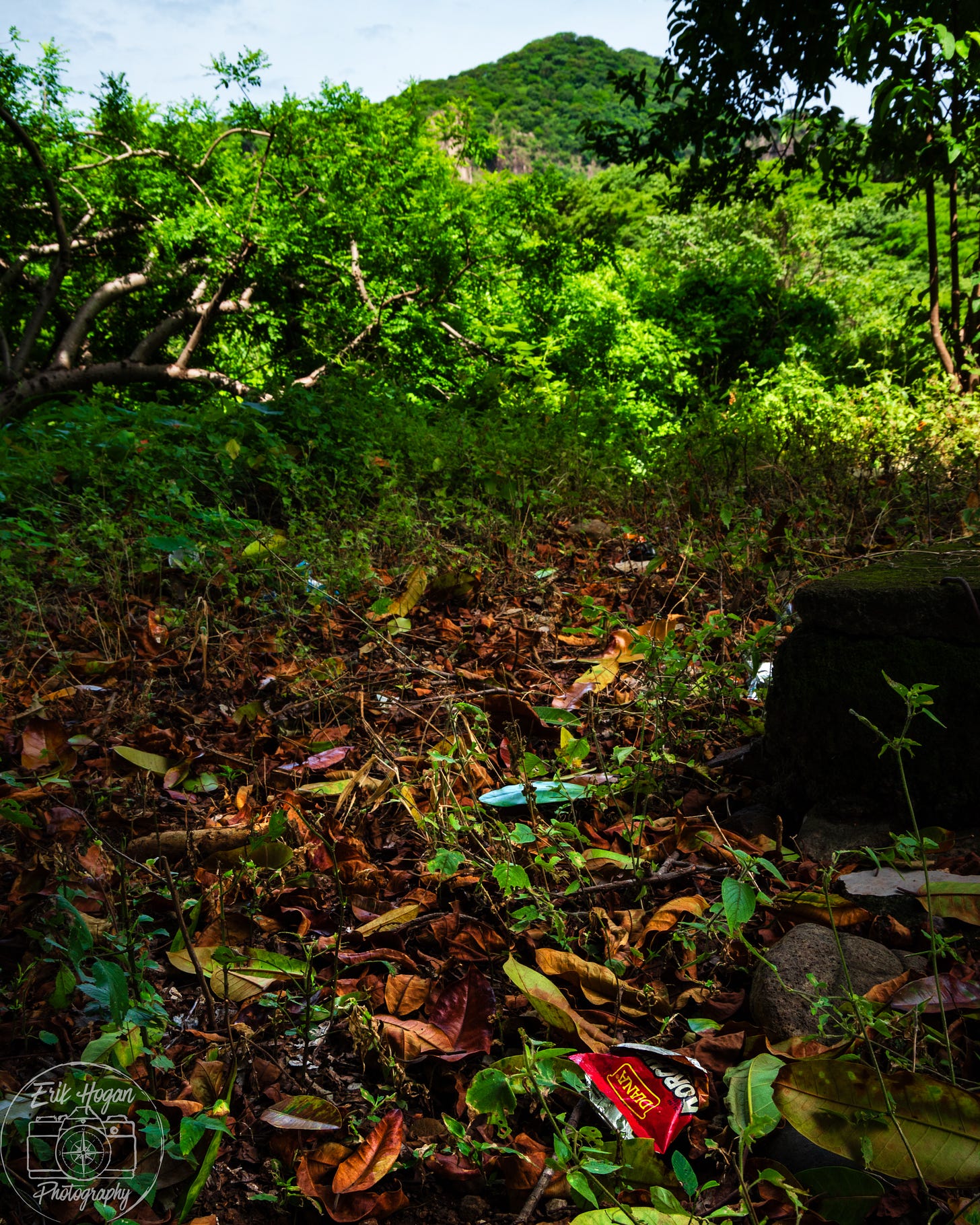
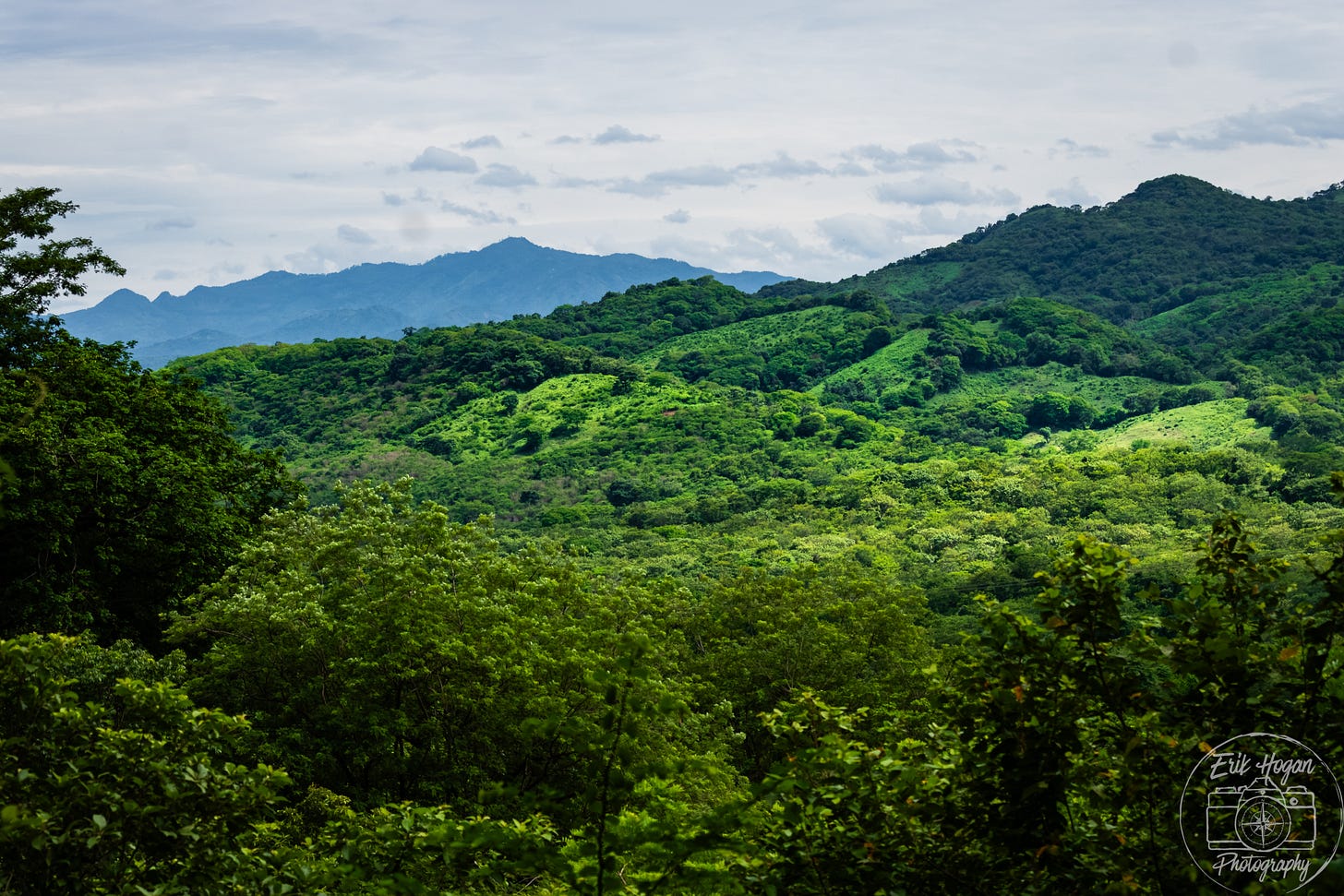

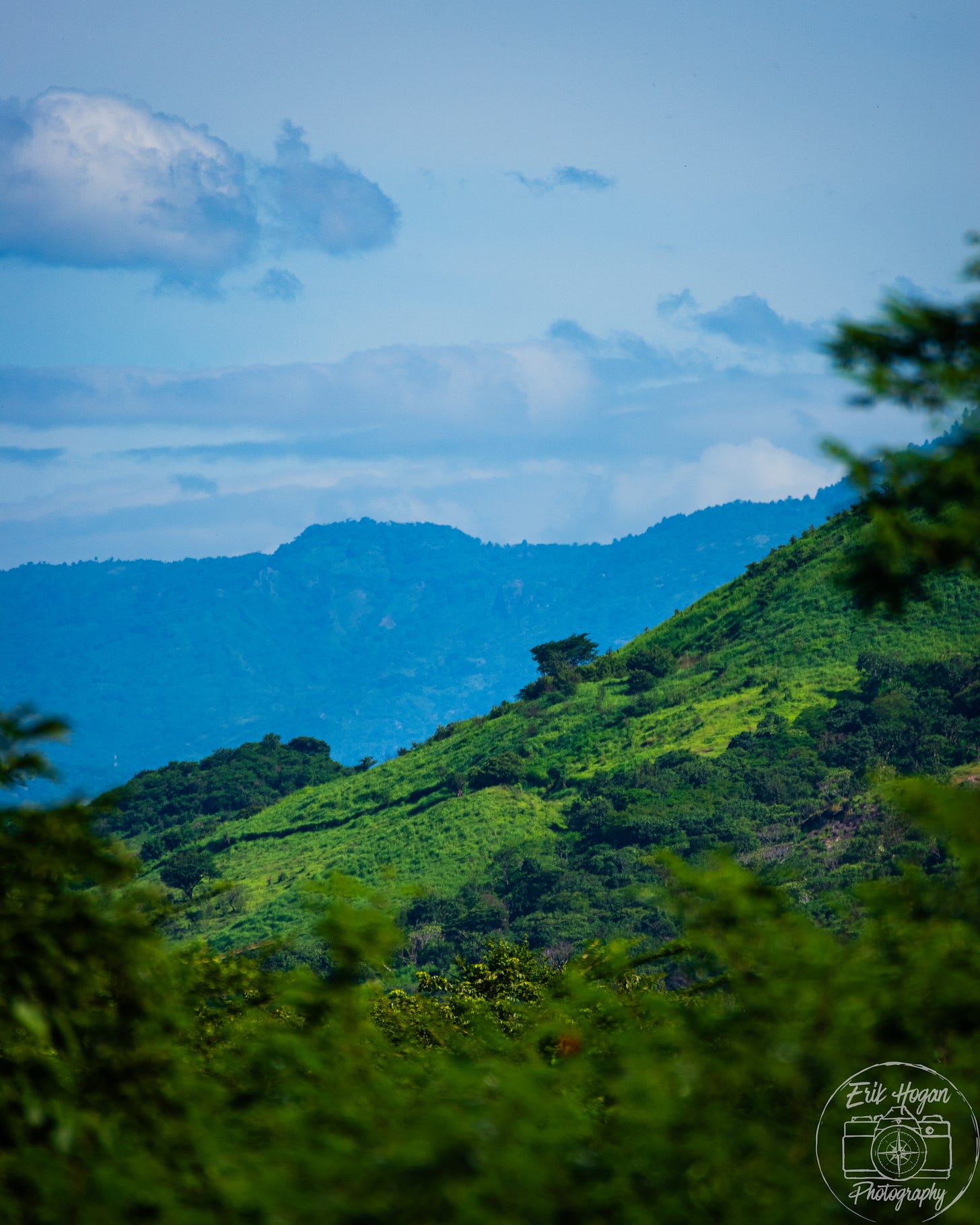
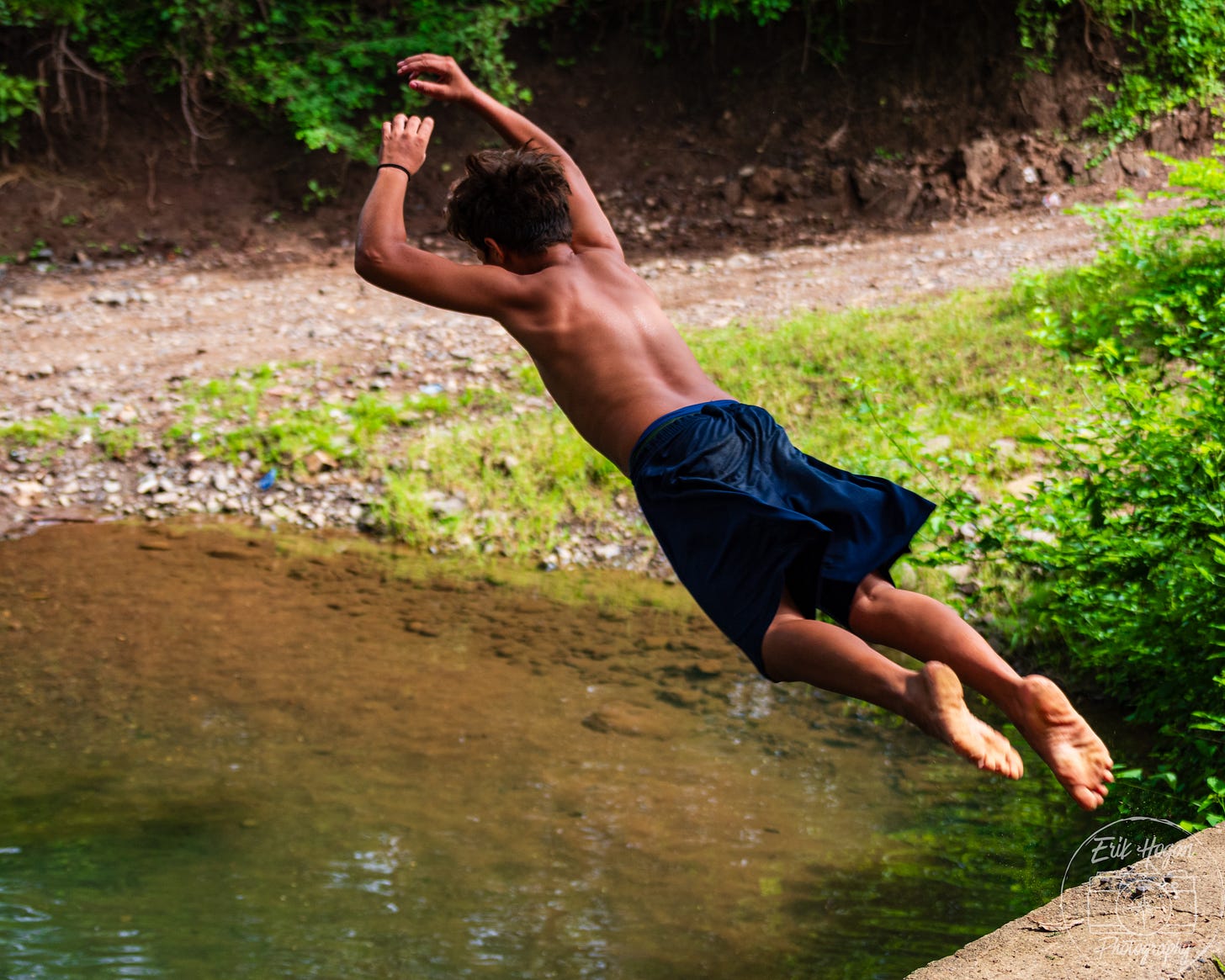
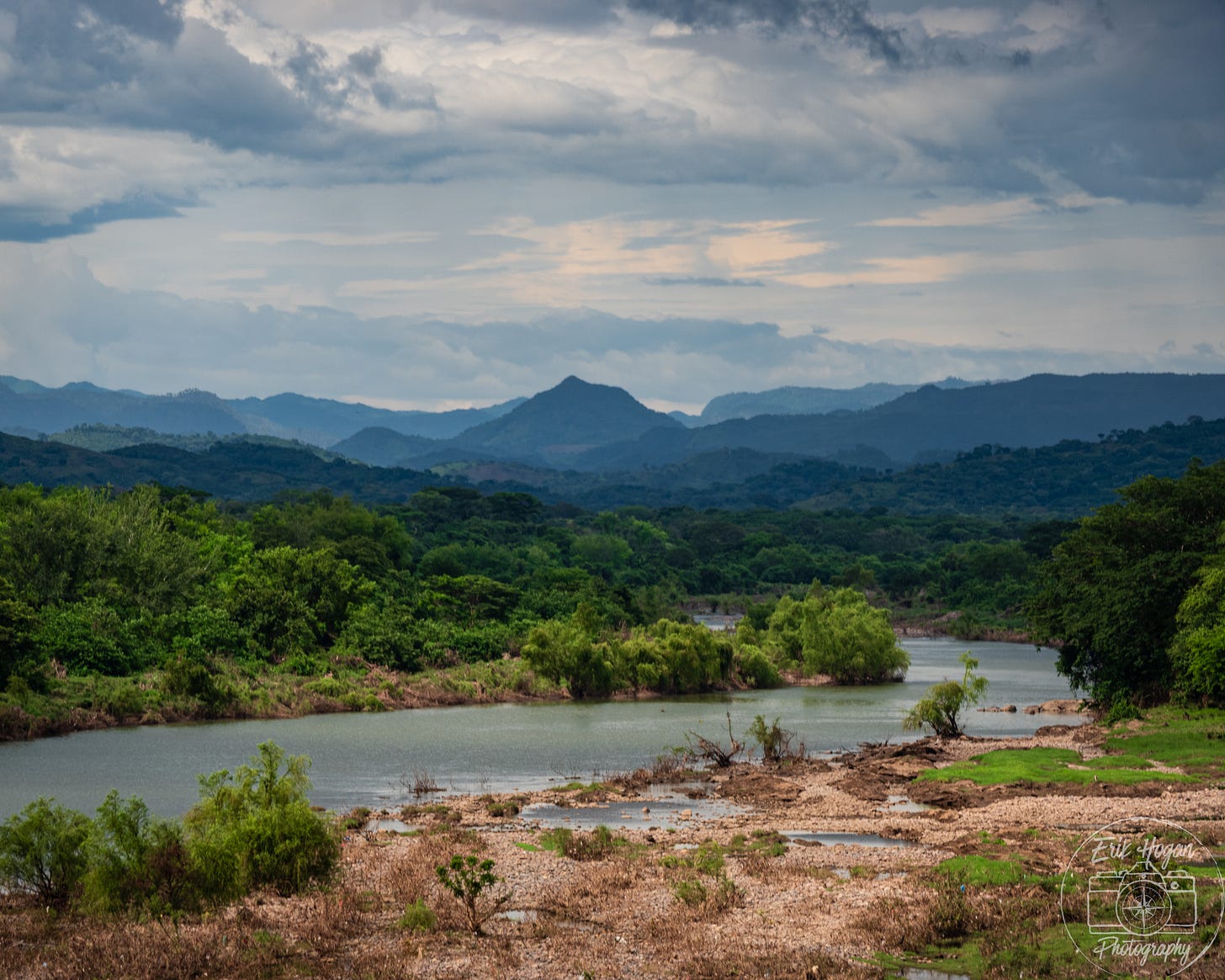



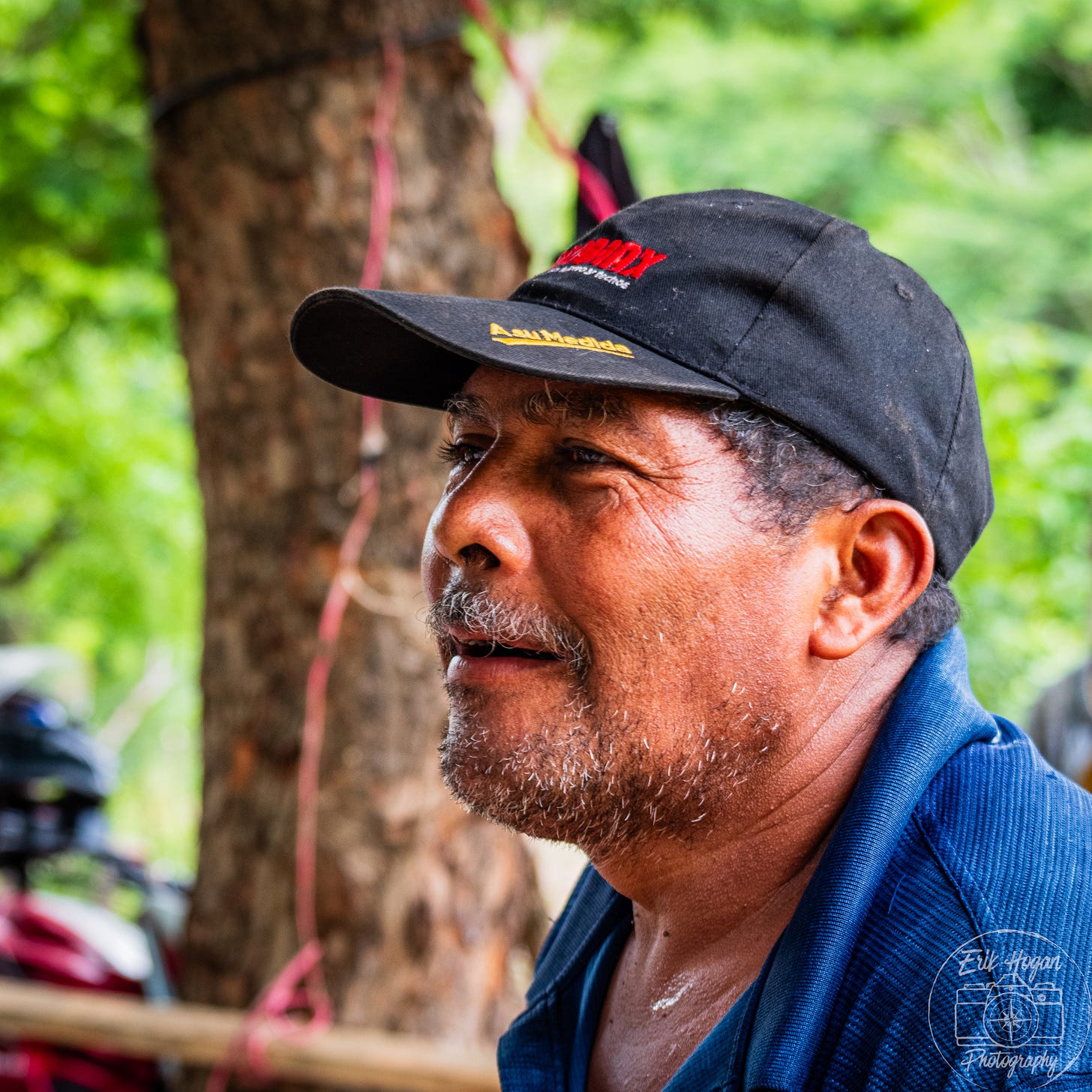
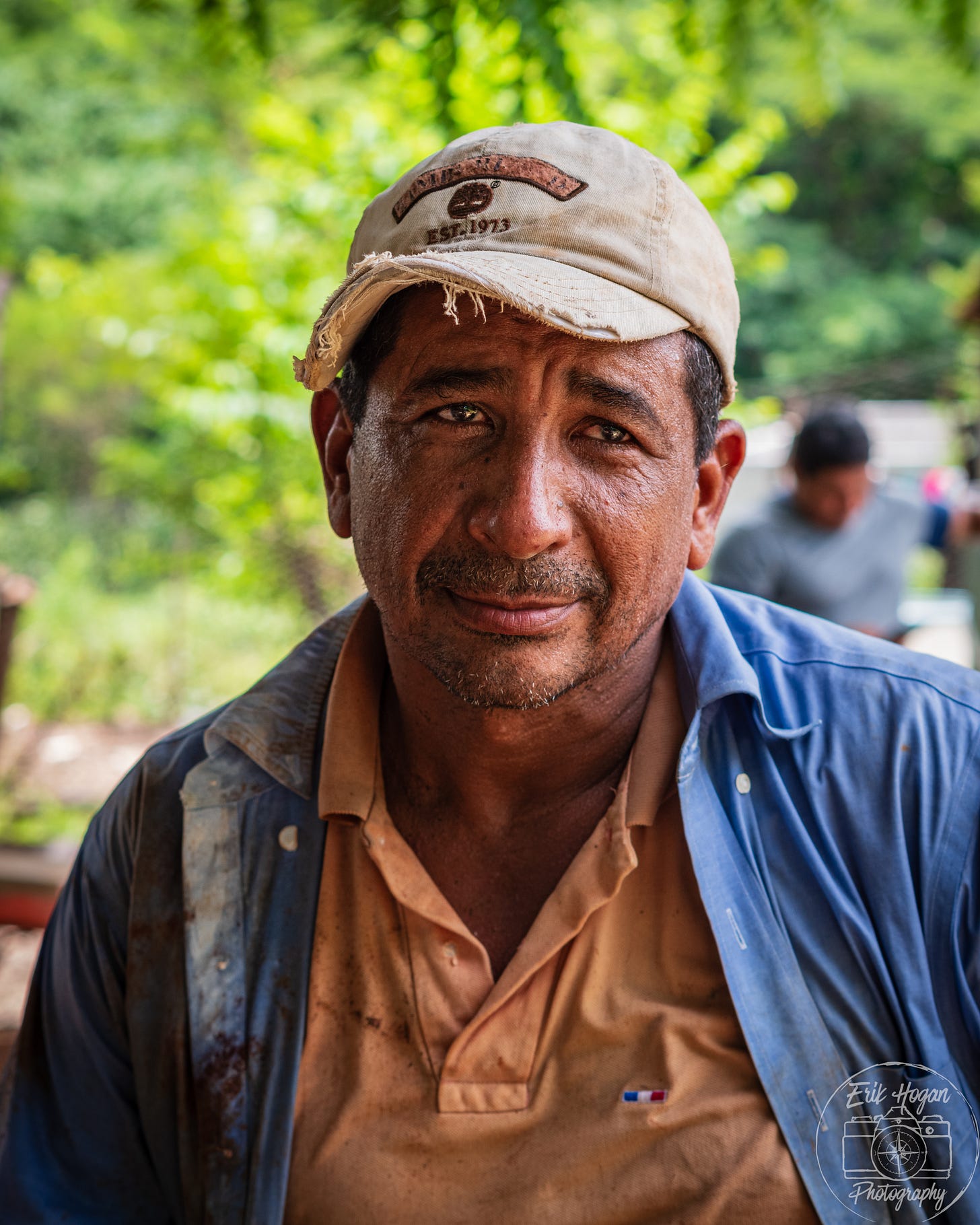
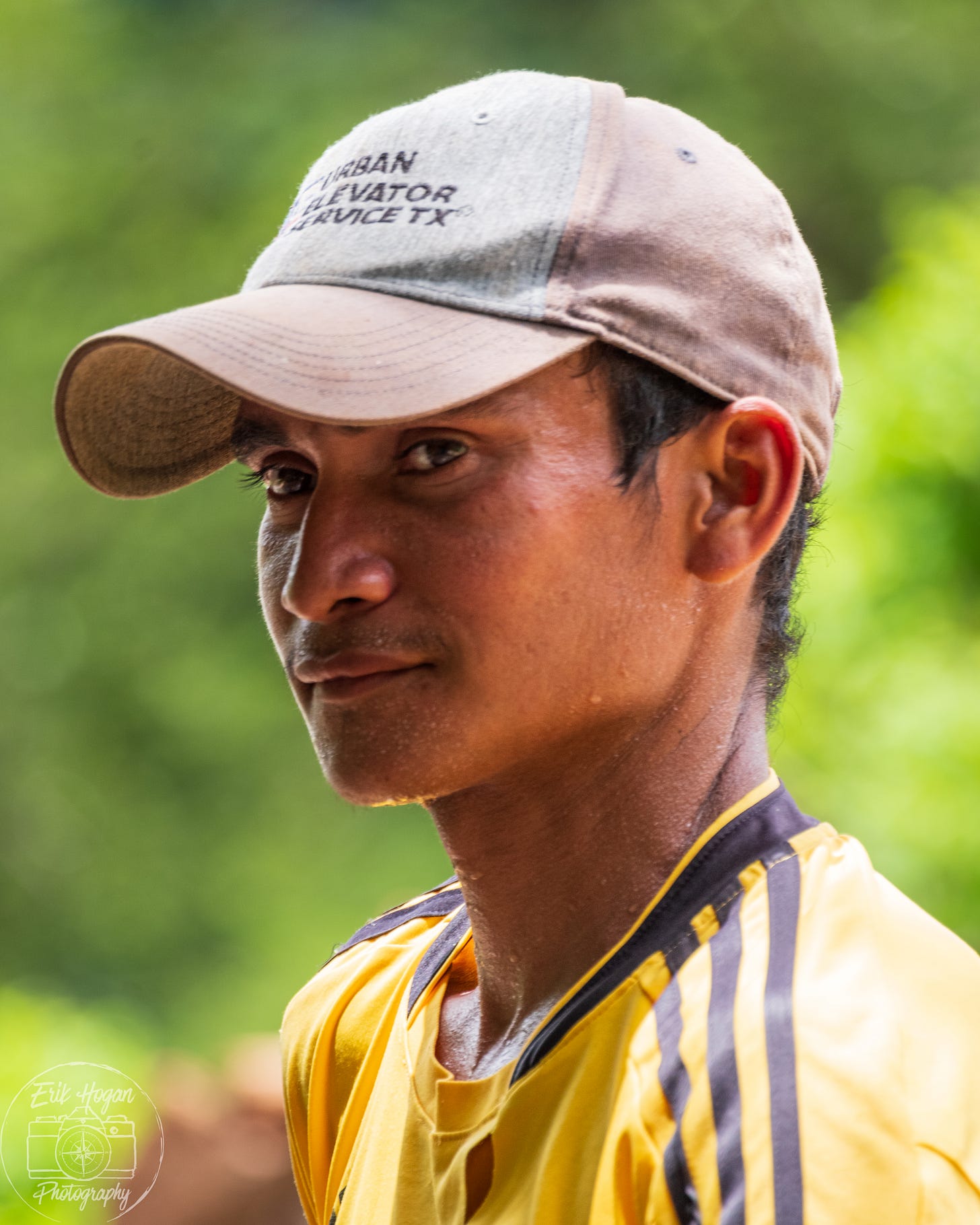



Much respect Eric and beautiful photos!
What an amazing trip it was! So glad we had a great photographer to capture it!